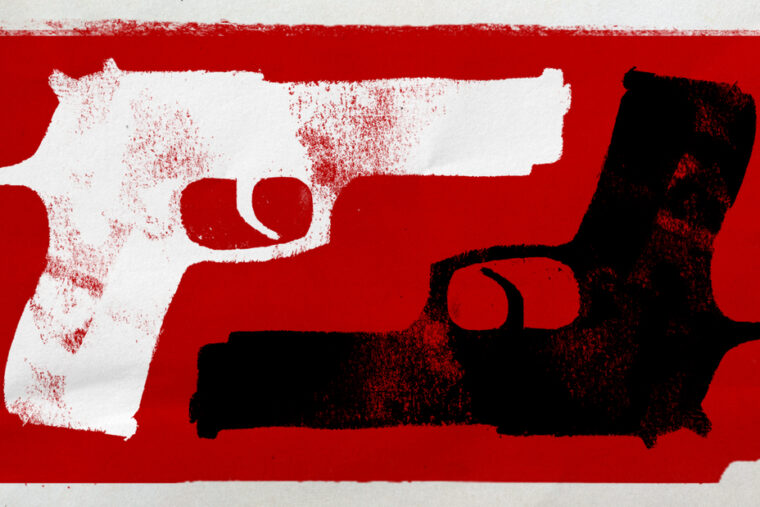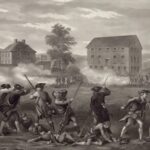For a significant portion of American history, gun laws bore the ugly taint of racism.1 The founding generation that wrote the Second Amendment had racist gun laws, including prohibitions on the possession or carrying of firearms by Black people, whether free or enslaved.2 A Florida law in 1825 authorized white people to “enter into all Negro houses” and “lawfully seize and take away all such arms, weapons, and ammunition.”3 In Dred Scott v. Sandford,4 Chief Justice Roger Taney argued that one reason Black people could not be citizens under the Constitution was that it “would give to persons of the negro race” the right “to keep and carry arms wherever they went.”5 After the Civil War, the Black Codes enacted in the South made it a crime for a Black person to have a gun.6 Even facially neutral laws were used in a racially discriminatory fashion; Martin Luther King Jr. was denied a concealed carry permit even after his house was firebombed.7 For much of American history, gun rights did not extend to Black people and gun control was often enacted to limit access to guns by people of color.
What are the implications of this racist history of gun laws on how we understand and apply the Second Amendment? This Essay considers three. First, the history of racist gun laws will complicate the emergent Second Amendment test that looks to “text, history, and tradition” to determine the scope of the Second Amendment.8 That test seeks out historical precedents to identify whether current laws are permissible, but some of the antecedents courts will be required to consider were at least partially motivated by racism or reflected racist attitudes. Second, the history of racist gun laws might suggest that courts today should be inherently suspect of any gun laws. This argument, however, proves too much, and there are good reasons for courts to reject such skepticism. Third and finally, the history of racist guns calls for us to be attentive to the racially disproportionate impact of gun laws today. While constitutional doctrine does not empower judges to strike down laws solely for a racially disparate impact, legislators and activists should be aware of it in shaping legislation or reform to minimize the racial skew.
“History and tradition” is rising to prominence in Second Amendment jurisprudence as a way to determine the constitutionality of gun laws, but that approach is significantly complicated by the fact that many gun laws adopted over the course of American history were racially motivated.
By Adam Winkler



